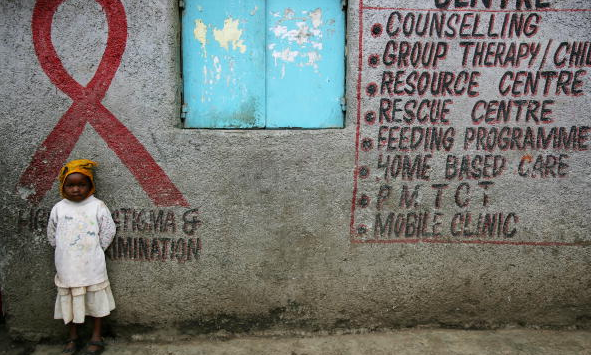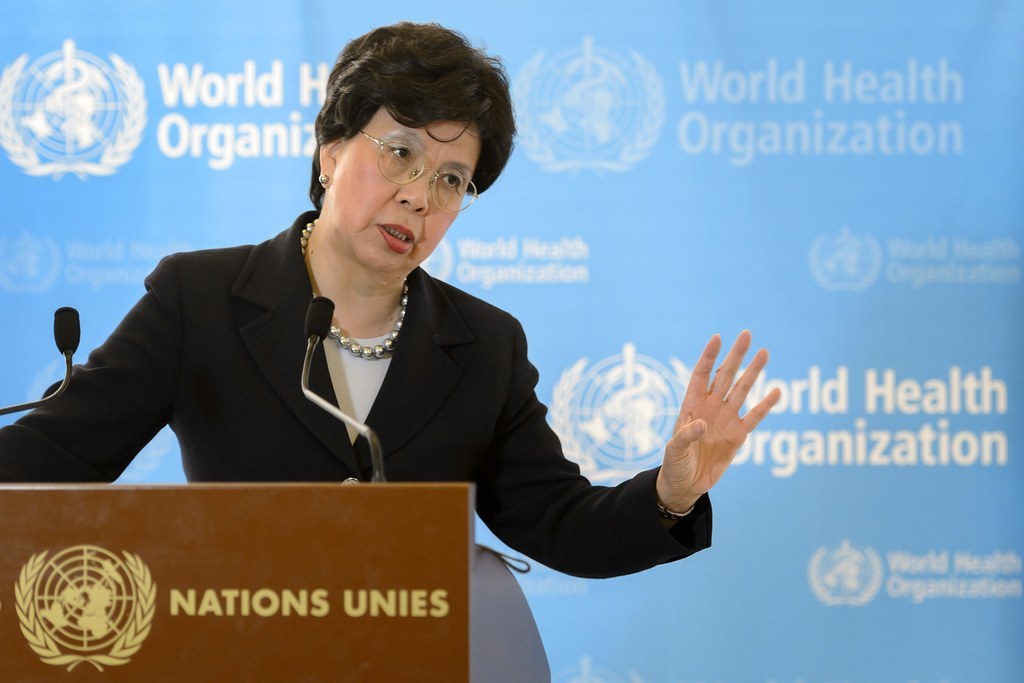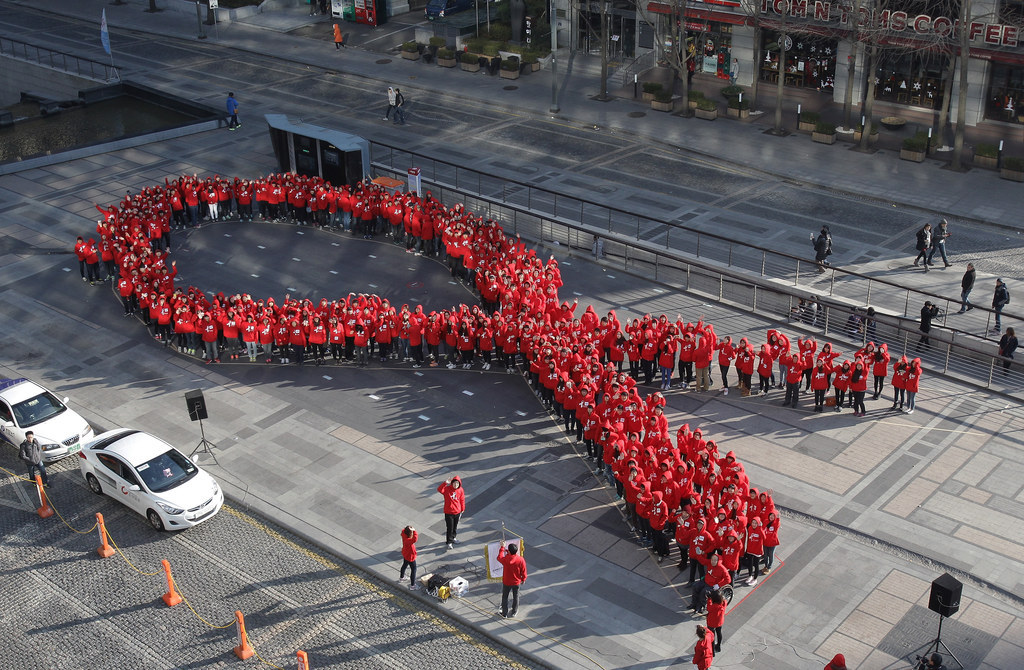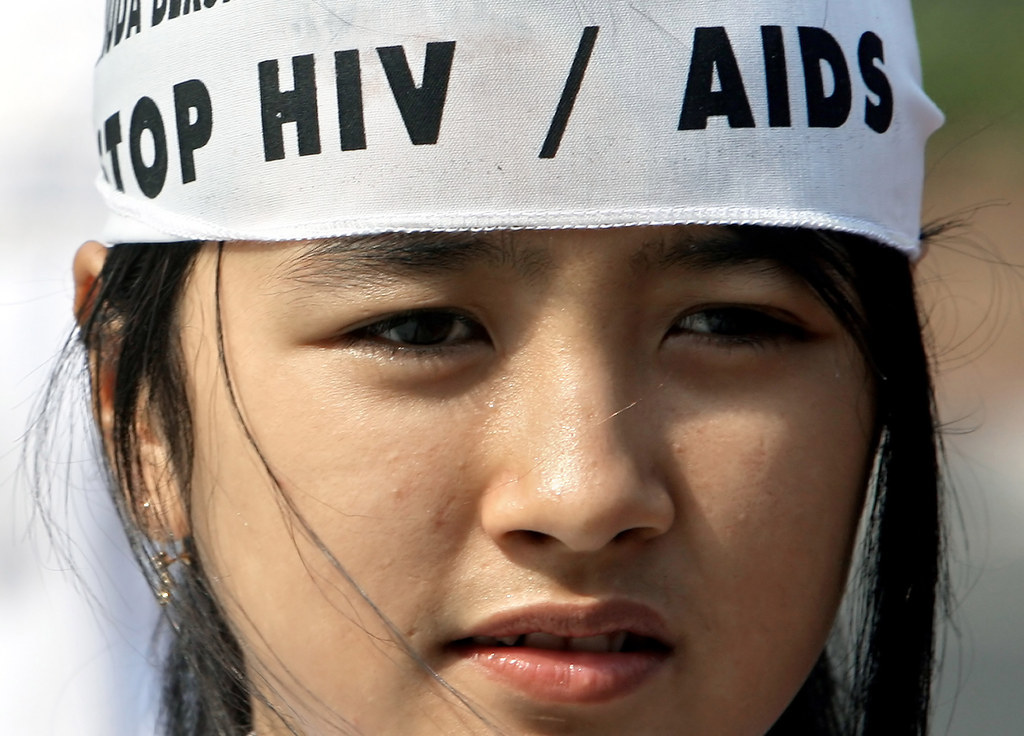People with HIV should start treatment immediately and all groups at "significant risk" of infection should be given drugs to prevent it, the World Health Organisation said on Wednesday as it announced a major change in its treatment guidelines.

The WHO, which will publish full guidelines later this year, says its recommendations could prevent 21 million deaths and 28 million new infections by 2030. Globally, if the WHO policy for early treatment was implemented it would increase the number of HIV-positive people on medication from 28 million to 37 million.
The new policy will increase pressure on the UK to offer preventative drugs to people at risk of infection.
The NHS is already broadly in line with the new WHO guidelines on treatment of those with HIV. But until July 2015, the NHS only recommended antiretroviral treatment for HIV-positive people whose immune systems had fallen below a certain level (a CD4 count – the chief measure of the immune system – of below 500).
NHS England issued new guidance in July allowing for a policy of "treatment as prevention" where antiretrovirals are given to HIV-positive patients to reduce onward infection. The medication lowers the virus to such low levels in the blood as to make it almost impossible to transmit the virus to someone else.
Last week, however, the British HIV Association (BHIVA), whose recommendations inform NHS policy, published guidelines recommending antiretroviral treatment "should be started, regardless of the CD4 count" not just to prevent onward infection but also for the health of the patient. This is in line with the new WHO advice.
Dr Duncan Churchill, a consultant in HIV and chair of BHIVA's national treatment guidelines writing group, told BuzzFeed News: "Treatment guidelines are becoming congruent on this point, including, now, with WHO's. Your relative risk of having a major opportunistic infection is significantly lower if you start antiretroviral therapy straightaway compared to if you defer until later."

However, the UK does not currently offer drugs as a preventative measure to those at risk of contracting HIV. This approach, known as PrEP (pre-exposure prophylaxis), uses the drug Truvada to protect HIV-negative people from infection.
The new WHO guidelines for the first time advise access to PrEP for all groups at risk of HIV infection – not only gay and bisexual men.
Churchill said that one of the reasons PrEP was not available on the NHS was cost.
"The difference between the NHS and WHO is around PrEP," he said. "We haven't yet produced guidelines on this issue but there is a process going on at the moment with NHS England considering this and it hasn't concluded. PrEP has not yet been commissioned. The evidence is really good that in high-risk men who have sex with men (MSM) it works.
"My understanding is that the reason NHS England have not rushed into this is that they're concerned about cost effectiveness in lower-risk people. That's where the problem is – that in terms of cost it will balance and work in high-risk MSM groups but won't balance in other groups in quite the same way."

Around the world, policies for starting antiretroviral therapy (also called HAART, highly active antiretroviral therapy) vary considerably, along with significant differences in proportions of infected people having access to medication, and adhering to it.
In the US, for example, treatment is recommended as early as possible, but in some states as little as 29% of diagnosed HIV-positive people are receiving medication. In the UK it is around 90%, despite the recent contrast in policy over treatment.
PrEP has been approved for use among at-risk groups in the US since 2012 but remains inaccessible on the NHS, despite a succession of major studies showing its efficacy. This includes the PROUD study in the UK, which found PrEP reduces the risk of infection by 86%.
NHS England is currently considering its policy on PrEP and is expected to reveal its decision in spring 2016. Meanwhile, other NHS agencies welcomed the WHO guidelines for early treatment – if not, yet, the guidance on PrEP.

Dr Valerie Delpech, Public Health England's head of national HIV surveillance told BuzzFeed News:
"Public Health England welcomes the new WHO guidelines on all people diagnosed with HIV being offered treatment immediately. In the UK about 9 in 10 people living with HIV are already on treatment which means they can expect to live a normal life span and are not at risk of passing the virus on to others."
Professor Noel Gill, head of PHE's HIV and STI department, added: "The PROUD study shows the potential that pre-exposure prophylaxis (PrEP) offers to reduce new HIV infections among men who have sex with men. NHS England is considering all of the evidence, including the cost-effectiveness of PrEP, to inform a decision about a PrEP programme in England in 2016."

Dr Michael Brady, medical director of the Terrence Higgins Trust, echoed Public Health England, supporting the new WHO and BHIVA guidelines for early treatment:
"There is now clear evidence of the benefits of starting HIV therapy as early as possible. The new BHIVA guidelines are a reminder of the importance of improving our HIV testing rates. One in four people living with HIV remain undiagnosed and therefore not able to access the benefits of treatment."
However, HIV groups disagree over PrEP policy. The Terence Higgins Trust said more needs to be done before Truvada is made available to all groups at risk of infection. A spokesperson told BuzzFeed News:
"HIV is not an epidemic solely concentrated in one community. The black African community in the UK remains disproportionately affected by HIV and the numbers of heterosexuals acquiring HIV in the UK are rising. PrEP is most effective when targeted at those at highest risk. Further research is needed in the UK to better understand how to identify other high-risk groups and to explore models of delivery that would ensure access to PrEP for all those who need it."

The National Aids Trust has meanwhile rebutted the need to wait and backed the WHO guidelines for PrEP now for all communities in need. Yusef Azad, its director of strategy explained:
"WHO recommending that PrEP should be offered to all people who are at substantial risk of HIV sends a powerful message. The discourse on PrEP in the UK has focused on its usefulness for men who have sex with men, but it is important that sexual orientation is not a barrier to access for this potentially life-changing drug."
Azad continued: "Forty-two per cent of new HIV diagnoses in the UK are amongst heterosexuals, and many could have benefited from PrEP. Currently PrEP is going through the NHS approval process and as a community we will be fighting for access for all who need it."
Matthew Hodson, the CEO of the HIV charity GMFA (previously called Gay Men Fighting AIDS), said, "People should be offered treatment on diagnosis. What's exciting now is that we could stop all new infections of HIV within 25 years, if we had the will, and that requires money.
"What I'm nervous about is that we're not going to seize the opportunity. I welcome WHO's statement today. And I'm an advocate for PrEP, for people who are motivated to take the drugs. There are a substantial number of people who are eager to take PrEP who are currently unable to access it in the UK. Part of what will speed that process up is making people aware of the benefits and that people are demanding it."

Following the WHO guidelines, Britain's highest-profile HIV/AIDS activist group – ACT UP London – has vowed to protest against the unavailability of PrEP on the NHS. Dan Glass, from ACT UP London, told BuzzFeed News:
"While WHO has recommended broad availability of PrEP there is not one mention of the drug on NHS websites. ACT UP London believes that this glaring absence is indicative of the government's indifference towards people living with HIV and people at risk of contracting HIV. Forty-four per cent of people living with HIV in the UK are men who have sex with men, and 34% are black African women and men.
"Given these figures, ACT UP considers the government's indifference to PrEP to be an attack on the LGBTQ community and the black community in Britain. ACT UP London does not accept the homophobic and racist undercurrent of state policy around sexual health, and we will challenge policy directly through political action until PrEP is made available to these groups and anyone else who needs it.
Glass warned: "With a strong toolkit for civil disobedience, ACT UP is ready to cause a stir for justice around PrEP to be won."
